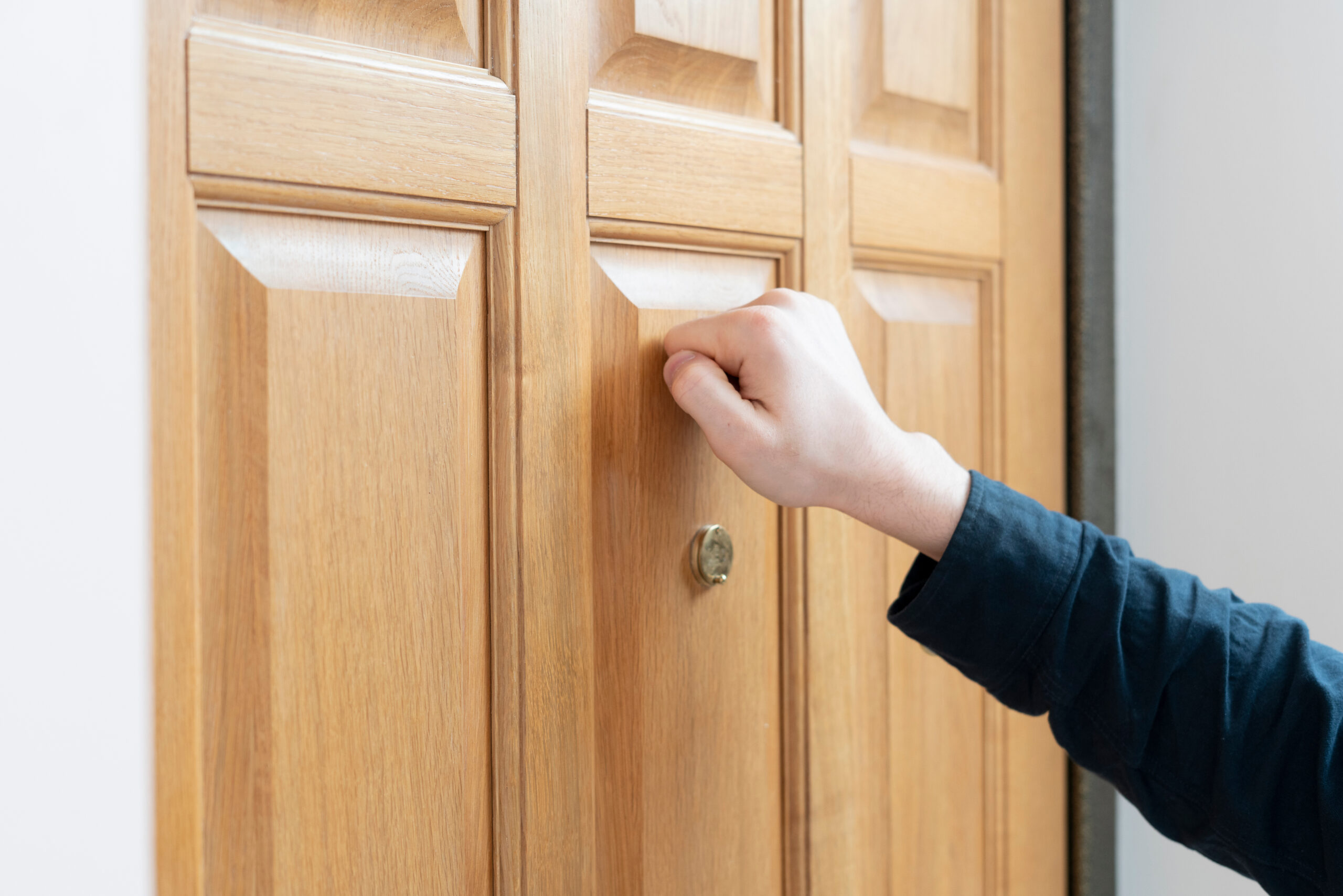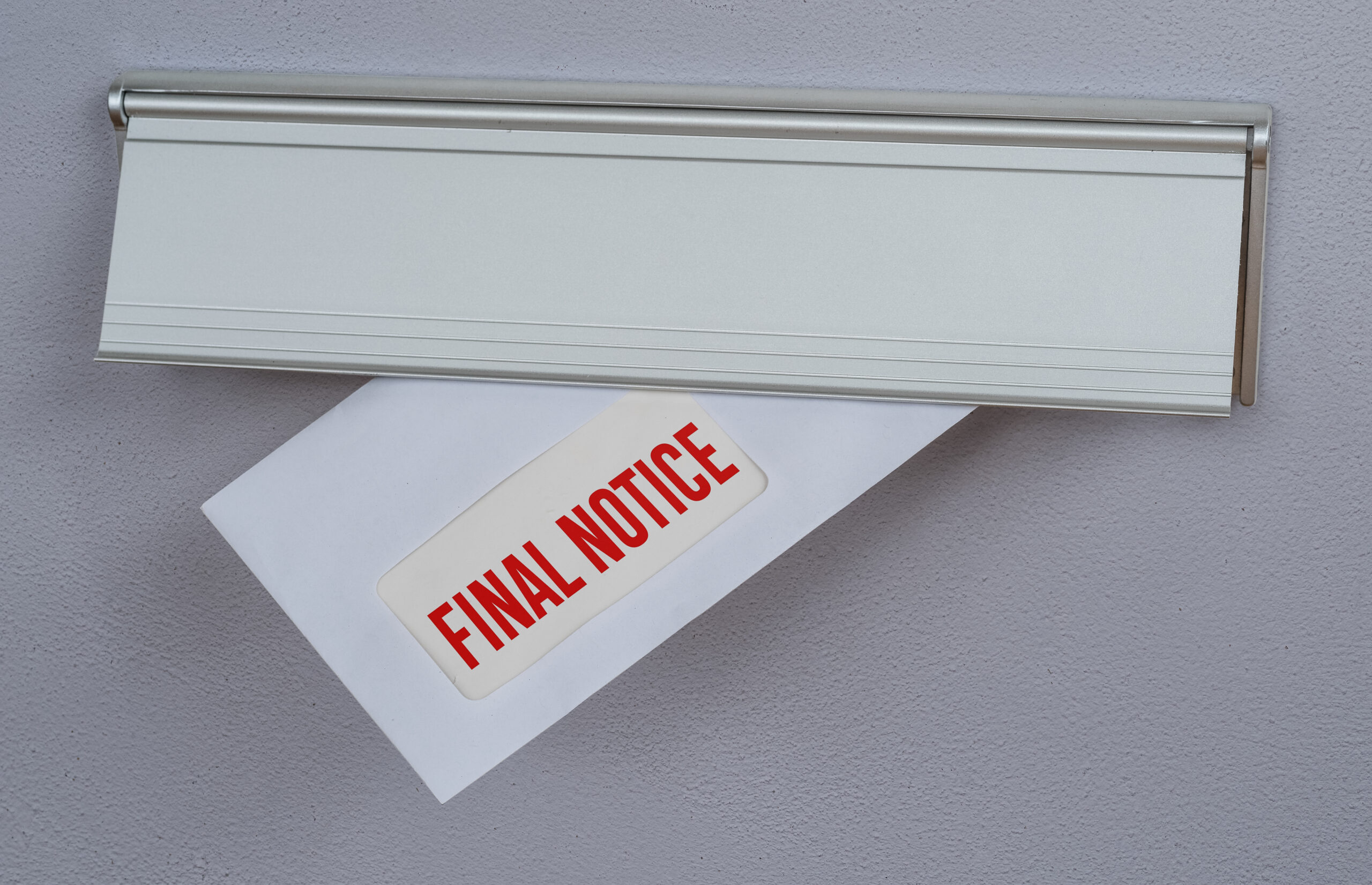Senior renters make up a large portion of renters in North America. As more baby boomers trade their suburban homes for comfortable, space-efficient rental units, that number is expected to increase. As an investment property owner, renting to the elderly offers many advantages:
- Quiet: Senior tenants tend to be quieter than the average tenant
- Less wear and tear: Senior tenants are less likely to have children or pets or engage in hobbies that will result in excessive wear and tear on your property
- Reliable: Senior tenants are often on a fixed income, so you can count upon their income (and rental payments) to arrive in a timely fashion
While these benefits make senior tenants attractive options for landlords, there are some factors to consider and extra precautions to take. Here’s everything you need to know.
TIP: Not sure if you’re ready to rent to Senior Citizens? You can use Baselane’s analytics tool for landlords to evaluate if senior citizens give you a higher ROI than younger tenants.
Who is Classified as a Senior Tenant?
Before diving into what you need to know about senior tenants, first, we’ll answer the question: what is a senior tenant? While the definition of a senior tenant may vary from state to state, generally, a senior tenant is anyone over 62. Renters over this age may qualify for special protections in different states, so it’s essential to know the legal definition of a senior tenant in your state.
Remember, you’ll still need to screen this tenant before accepting them as a renter.
Know the Laws
If you’re planning to rent to a senior tenant, you need to understand your obligations as a landlord. Before signing a rental agreement with a senior tenant, research building requirements on both a federal and state level to understand what needs to be done.
In addition, be cautious about denying a senior tenant’s rental application. Be aware that senior tenant rights are protected by federal and state anti-discrimination laws that make it a crime to refuse a rental application based on age, disability, familial status, religion, ethnicity, or race. In addition, you can’t impose specific rules or conditions on senior tenants due to their age. Finally, if you find yourself in a position where you’re considering evicting an elderly tenant, know that you cannot do so simply based on age.
Automated and free Rent Collection, without the stress
Check for Safety Issues in the Unit
Many landlords rent to senior tenants without any property modifications. But, if you’re considering targeting senior tenants as a group, consider checking for issues on your property and adding additional safety measures.
Many modifications can make your property much more appealing to senior tenants, including:
- Security cameras
- Panic buttons
- Extra locks
- Safes
- Door handles instead of knobs
- Slow closing entry doors
While these modifications might seem trivial, they’ll go a long way to helping your senior tenant feel more comfortable in the space.
Make Sure the Unit is Easily Accessible
While the modifications mentioned above will help your senior tenants feel comfortable, you may also need to make your property more accessible. Features like ramps, ground floor units, wide hallways, and a spacious pickup zone for taxi and accessibility buses to wait will make your tenants feel like they can quickly get around your property and nearby shops and services. Ask tenant screening questions about accommodations they need to make sure the unit is accessible and safe.
Automated and free Rent Collection, without the stress
Keep the Unit Pet Friendly
While senior tenants are less likely to have pets – part of what makes them desirable tenants – allowing your building to be pet-friendly could be valuable to those who do. Many senior tenants may be moving from a larger home, and they may be bringing pets with them. In this case, your rental not being pet-friendly could be a deal-breaker for an otherwise ideal senior tenant. While it might be tempting to enforce a no-pets policy, having an animal is an excellent way to reduce loneliness. Some tenants might pass on your property if they can’t bring their beloved furry family member.
In addition, a senior tenant is more likely to have a support animal. Support animals aren’t just for those who are sight-impaired. Support animals have broadened their scope for various ailments, including anxiety, seizures, diabetes, depression, and post-traumatic stress disorder. If your prospective senior tenant has a support animal, read up on their rights in your state. Many support animals have unique federal and state protections and rights.
Collect Contact Information
While senior tenants tend to be quiet and unobtrusive on a rental property, they may occasionally need assistance – sometimes emergency assistance. While no one wants to contemplate a health emergency happening on their property, the possibility is a little more likely with a senior tenant.
To ensure you’re always prepared, collect emergency contact information for your senior tenants. Then, if you need to contact their family or next of kin, you’ll be happy to have this information on hand.
Keep Rent Payment Options Simple and Clear
Finally, while baby boomers have gleefully adopted the internet and technology, some may struggle with complex tasks like paying their rent through a convoluted or difficult-to-navigate interface. Consider adopting a rent payment platform like Baselane to automate rent collection, making it easier for your and your senior renters.
FAQs
A variety of federal and state laws apply to renting to seniors. It’s illegal to discriminate against a senior tenant due to their age. Other laws protect seniors, like the Federal Fair Housing Act and state laws against eviction and rental increases. Make sure to research your state before signing a rental agreement with seniors.
Landlords are not automatically responsible for a tenant’s injury. For example, if your senior tenant slips and falls on their own, you aren’t liable. However, if you fail to maintain the unit or premises, you may be responsible for injuries.
Suppose you’re interested in modifying your rental unit to make it more accessible for a senior tenant (for example, adding walkways or ramps). In that case, you don’t need to shoulder the financial burden on your own. There are many government grants available for these types of renovations, and you can find a comprehensive list at usa.gov.







